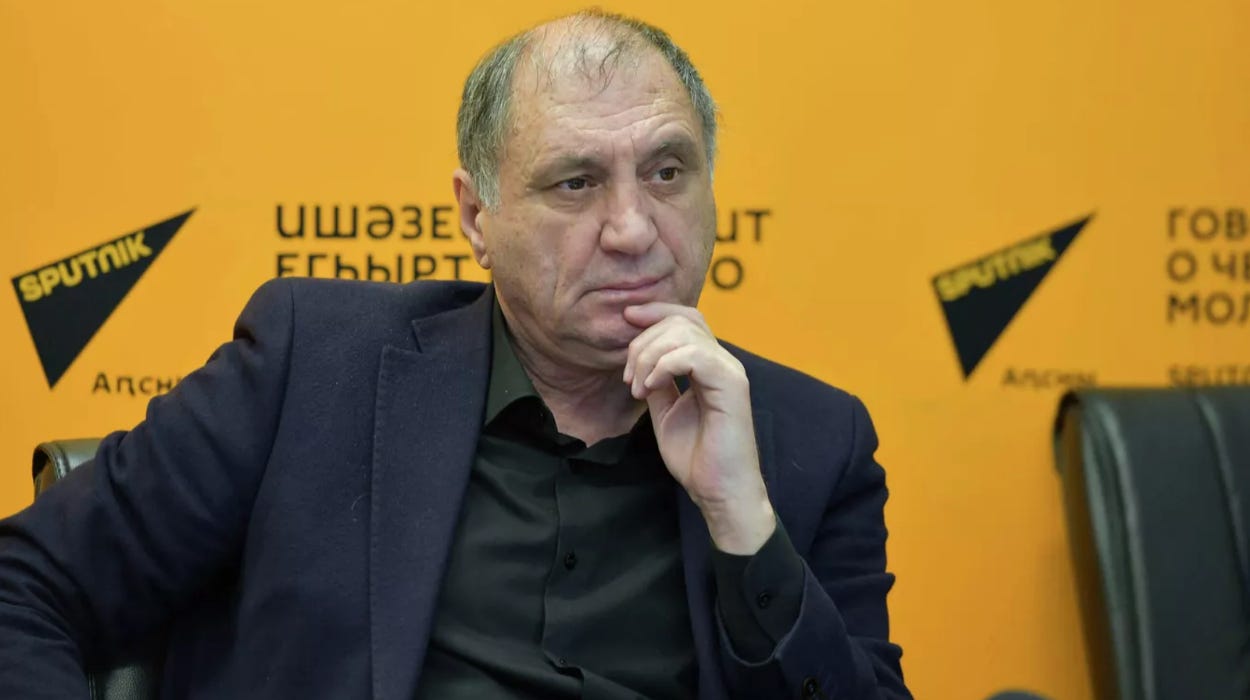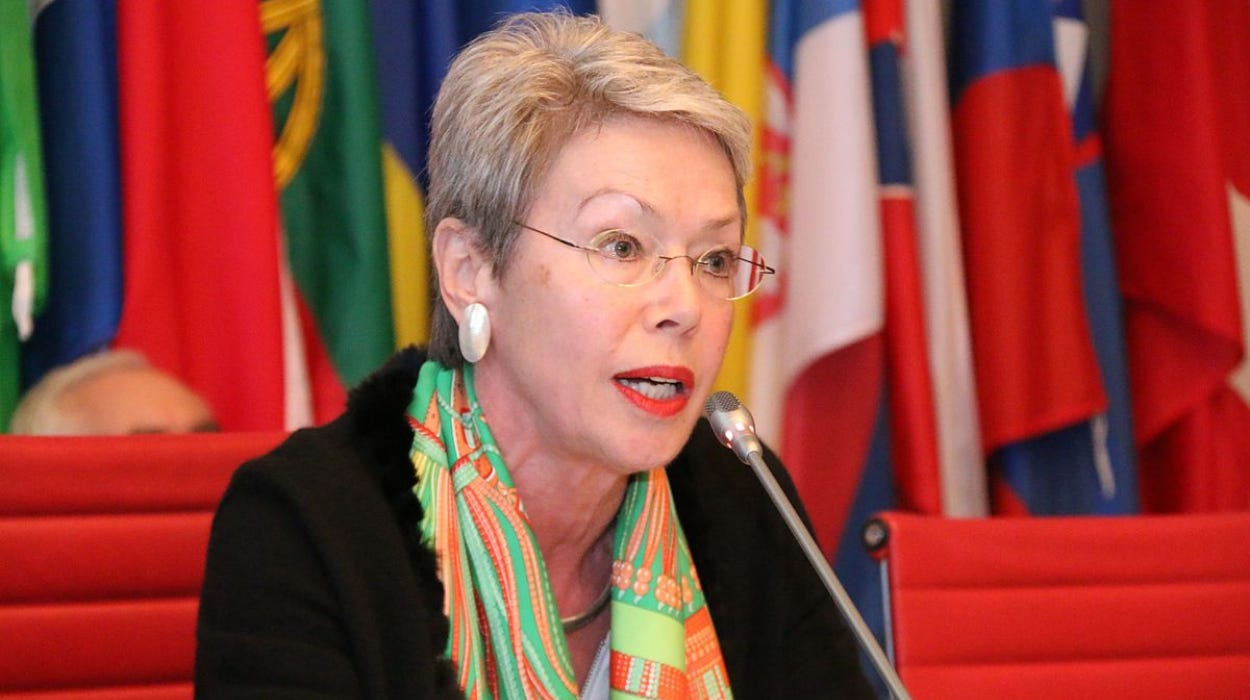The West's Dangerous Ignorance and Selective Amnesia of Caucasus Conflicts
The West's Wilful Blindness to the Conflicts in the Caucasus Seems Difficult to Cure.
SUKHUM / AQW'A — The Ministry of Foreign Affairs of the Republic of Abkhazia has issued a strong statement urging the international community to recognise the results of the nation's self-determination and to acknowledge Abkhazia as an independent state. This appeal follows a recent statement by Francesca Gatt, Deputy Permanent Representative of Malta to the United Nations, made on behalf of several UN Security Council members, who reiterated the position that Abkhazia and South Ossetia are "an integral part of Georgia."
The Abkhazian Foreign Ministry criticised these repeated references to Georgia's "territorial integrity," describing them as "formulaic" and reflective of a "complete lack of objective understanding" of the situation in the Caucasus. The ministry also accused certain international actors of bias in their approach to resolving the ongoing crisis in the region.
Upon hearing or reading the statement prepared by France, Japan, Malta, Slovenia, the United Kingdom, the United States, and future Security Council members Denmark and Greece—read by Francesca Gatti, who's utterly incapable of even pronouncing 'Ossetia', —one thing becomes crystal clear: The Georgian-Ossetian and Georgian-Abkhaz conflicts, with histories dating back far beyond the '90s, seemingly never occurred. The Georgian-Ossetian war of 1991-92 and the Georgian-Abkhazian war of 1992-93 somehow transpired, and despite the Georgians initiating these wars, only Georgians and Georgia have suffered and suffering. Georgia and the Georgians are the victims — forever victims… Ossetians and Abkhazians, apparently, haven't endured any pain whatsoever.
Once again, we witness with stark clarity that our lives and suffering hold absolutely no value for these so-called democracies. To them, the entire situation is merely a Russian-Georgian conflict. We are either insignificant entities within this picture or, probably, for them, we don't exist at all.
This statement unequivocally exposes the hypocrisy of these purported Western democracies and their utter incompetence in conflict resolution. It's unreasonable to expect those who can't even pronounce "Ossetia" to comprehend the complex history of the Caucasus and its peoples, let alone the conflicts in the region. Such understanding far exceeds their capabilities.
Therefore, if anyone still harbours hope in the non-existent mediation of the West, they'd do well to reconsider their position.
Diplomacy and Geopolitics: An Interview with Abkhazian Foreign Minister Sergey Shamba
On 6 August, Sergey Shamba was appointed as the new Minister of Foreign Affairs, marking a return to a role he has held twice before. The following interview, originally published by Sputnik Abkhazia, has been translated from Russian. In this conversation, Shamba discusses his first decision after his appointment, the changes in global diplomacy over the years, and how Abkhazia plans to respond to these shifts. He also addresses the potential for Belarus to recognise Abkhazia’s sovereignty. Read more in this interview conducted by Sputnik correspondent Badri Yesiava.
Heidi Tagliavini: "The Shelling of Tskhinval Was the Trigger That Led to the Invasion"
Swiss diplomat Heidi Tagliavini, after the conclusion of the active phase of the August 2008 war, led a special EU commission to investigate the circumstances of the armed conflict. In an exclusive interview with Radio Liberty’s Georgian Service journalist, Vazha Tavberidze, she shared her current thoughts on the findings of her commission in the "Tagliavini Report" (International Fact-Finding Mission on the Conflict in Georgia –Ed.) and how Russia's invasion of Ukraine has influenced her assessment of those events as a diplomat who represented the OSCE in the Minsk negotiations. This interview has been translated from Russian.
In Memory of Oleg Bgazhba: Celebrated Historian and Archaeologist of Abkhazia
SUKHUM / AQW'A — Oleg Bgazhba, Doctor of Historical Sciences, an academician of the Academy of Sciences of Abkhazia, and a recipient of the "Akhydz-Apsha" Order of the Second Degree, has passed away.
Oleg Bgazhba was born on 1 August 1941. He made significant contributions to the study of the history of ancient, classical, and early medieval Abkhazia. He authored more than 150 articles, 15 monographs, and textbooks for schools and universities. He was honoured with the title "Honoured Scientist of the Republic of Abkhazia".
According to his colleagues, one of Bgazhba's most significant achievements was the spectral analysis and extensive study of Damascus steel swords discovered during excavations. He successfully proved that not only did Abkhaz warriors use such weapons, but that the steel itself was produced in Abkhazia.
Archimandrite Dorofey (Dbar) wrote a post on his Facebook page dedicated to Oleg Bgazhba. We present this text to our readers.







